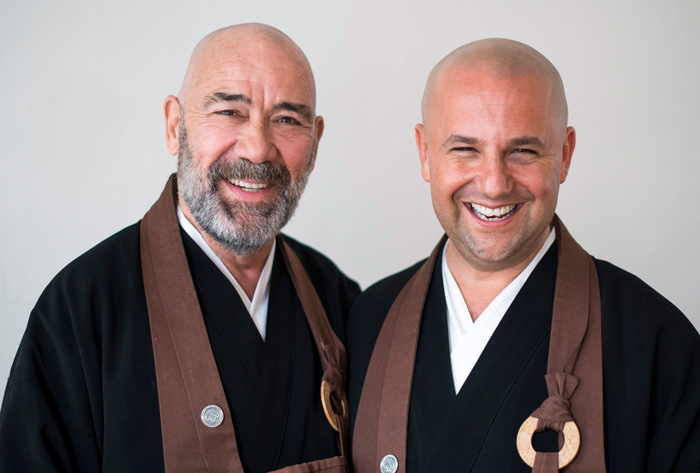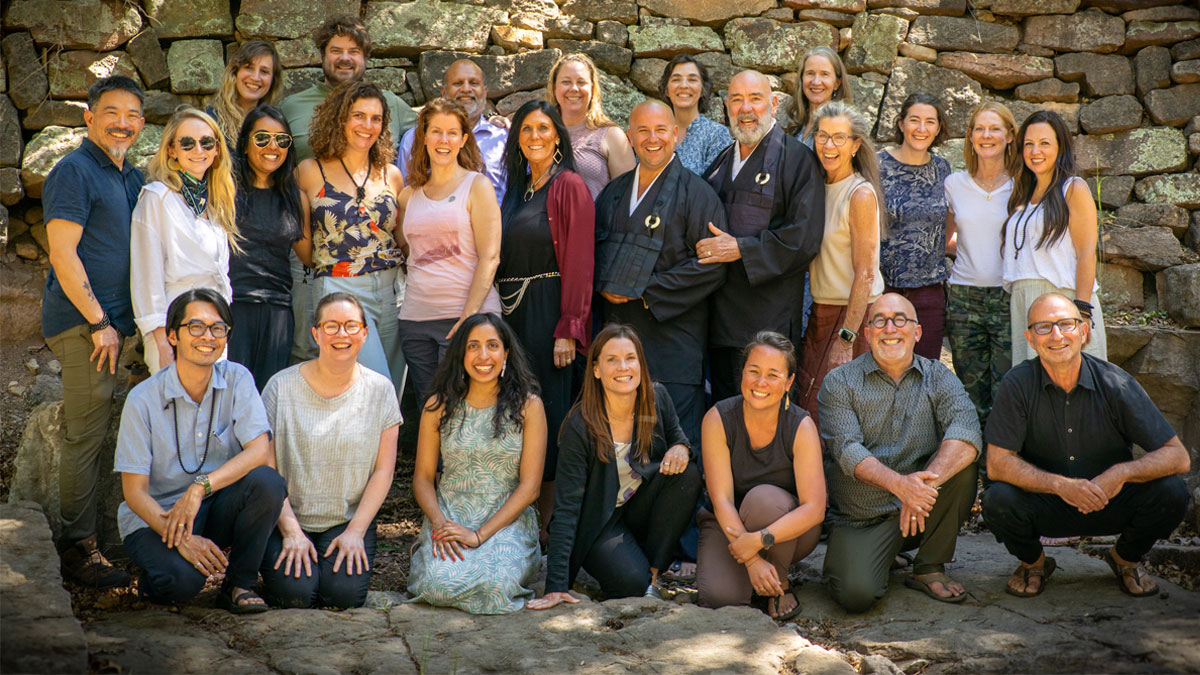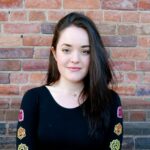A new research study has shown that implementing contemplative practices emphasizing compassion can effectively reduce burnout among medical professionals.
The study, now available online, examined the effects of the New York Zen Center for Contemplative Care’s inaugural twelve-month “Contemplative Medicine Fellowship.” The fellowship offers training for physicians, advanced practice registered nurses, and physician assistants looking to integrate a contemplative approach into their practice.
The study’s findings show improvements in fellowship participants in three key measures of burnout among medical professionals: decreased emotional exhaustion, decreased depersonalization, and an increased sense of personal accomplishment.
Amongst 34 participants in the fellowship, 32 completed baseline and follow-up assessments sharing their experiences with workload and burnout that lead to the study’s findings. The cohort was made up of 28 physicians, three advanced practice registered nurses, and one physician assistant all working in a wide range of specialties.
The New York Zen Center for Contemplative Care is an educational non-profit dedicated to integrating contemplative approaches to care and contemporary medicine founded and led by Zen monks Koshin Paley Ellison Sensei, MFA, LMSW, DMIN, and Chodo Robert Campbell Sensei, GC-C. The center launched the Contemplative Medicine Fellowship in 2021 after years of hearing from clinicians that the medical community needed more dedicated training and support to sustain their well-being.
The study follows United States Surgeon General Dr. Vivek Murthy’s 2022 advisory that highlighted the need to address health worker burnout, which had reached “crisis levels” before the COVID-19 pandemic, with levels of physician burnout and depression rising even further throughout.
“We knew that physicians were in trouble,” Koshin Paley Ellison told Lion’s Roar. “We know that in the next five years about close to 40 and 50 percent of them are considering leaving the field because of the high rates of drug and alcohol abuse and overall burnout.”
The fellowship offers training in a number of contemplative practices now proven to help support the well-being of medical professionals including meditation, mindfulness, compassion, generous listening, and community and relationship building.
“The fellowship is built around the four noble truths and the eightfold path — that’s the core curriculum,” says Koshin. “We knew that there would be something very powerful about re-imagining what good medicine is.”
Koshin and Chodo serve as guiding teachers of the year-long program alongside the fellowship’s medical director, Tieraona Low Dog, MD, and a faculty of teachers. While they’ve seen the positive outcomes of contemplative medicine training on medical professionals first-hand, having a research study on the program allows them to “speak the language” of the community the fellowship aims to serve. The study will also be published in a peer-reviewed medical journal.
What you don’t see in the positive results of the study, says Koshin, is the personal stories of the people behind the research.

“One of our first fellows came into her interview crying,” he says. “She was working in a major hospital system in a leadership position, running a fellowship and a residency program. She was talking about how she basically crawled into our interview.”
“That’s also how she felt going home to her husband and kids,” says Koshin. “There was just nothing left.”
However, by the end of the fellowship, says Koshin, the fellow’s relationship to her “two lives” of work and home had changed completely.
“She was like ‘Now I leave the house and really I’m able to hold my kids in such a different way — and come home feeling the joy that I can come home to them. I can go on vacation with my husband. We can actually have a life together.’”
The study notes the practical question of whether its outcomes could be applicable to a shorter training program, noting that the year-long format may not be feasible for the majority of physicians. The fellowship, offered annually from July to June, is structured around monthly Zoom training sessions and two residential retreats coupled with clinical assignments and one-on-one mentorship that accumulates to approximately 500 hours.
While there’s shorter programs available that also show validated improvements, Koshin says, the fellowship is keenly interested in building community through the year-long structure.
“As the Buddha said, ‘The whole of life is good, spiritual friends,’” says Koshin. “This is the only offering we’ve ever had with such a robust alumni circle. They meet monthly, even the group from three years ago. I think what they’ve discovered are good spiritual friends”
Beyond measured improvements in the measures of burnout, the study also notes that participants reported a “sense of resiliency and joy” despite difficult and ongoing circumstances in their work.
“In the beginning, before they even applied to medical school, many of our fellows had this idea of medicine and being helpful and compassionate, but over time the curriculum knocks it out of them,” says Koshin. “On the first day of school, one of our fellows was told: ‘Just put your feelings aside and they’ll come back at some point.”
“I think the joy they’ve found is realizing that they can have tons of feelings and experiences. The resilience comes through sharing their struggles with each other and themselves in completely new ways. They’re able to stop deceiving themselves that they can just bear the suffering and push it down.”
The study mentions potential future areas of study, including tracking participants’ burnout inventory scores over time to show longitudinal outcomes. The researchers plan to continue gathering data with subsequent cohorts of the fellowship to build a larger sample size.
“We can do our best — and always could do a bit better — to provide the medicine from Shakyamuni Buddha to address this immense suffering,” says Koshin.

